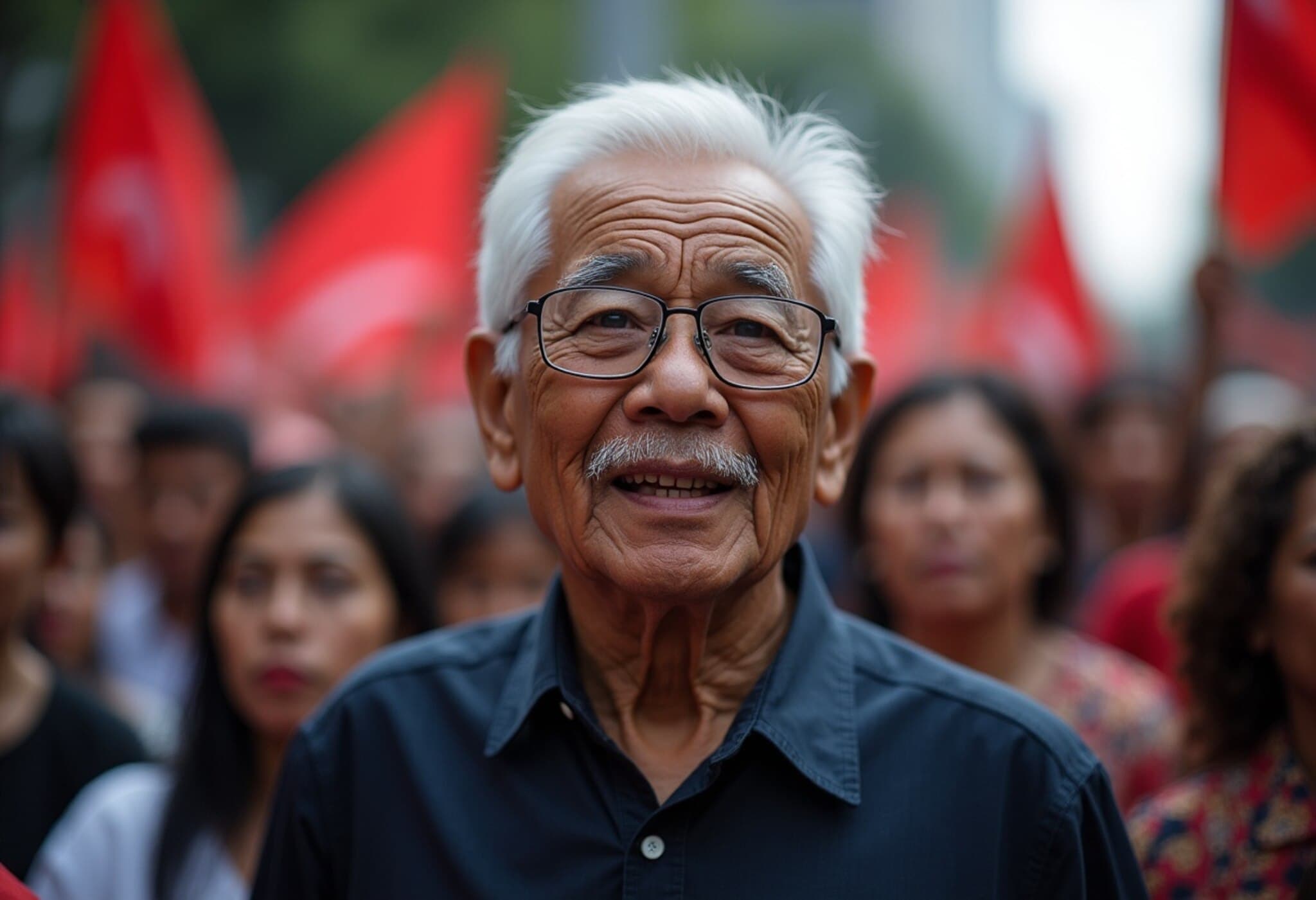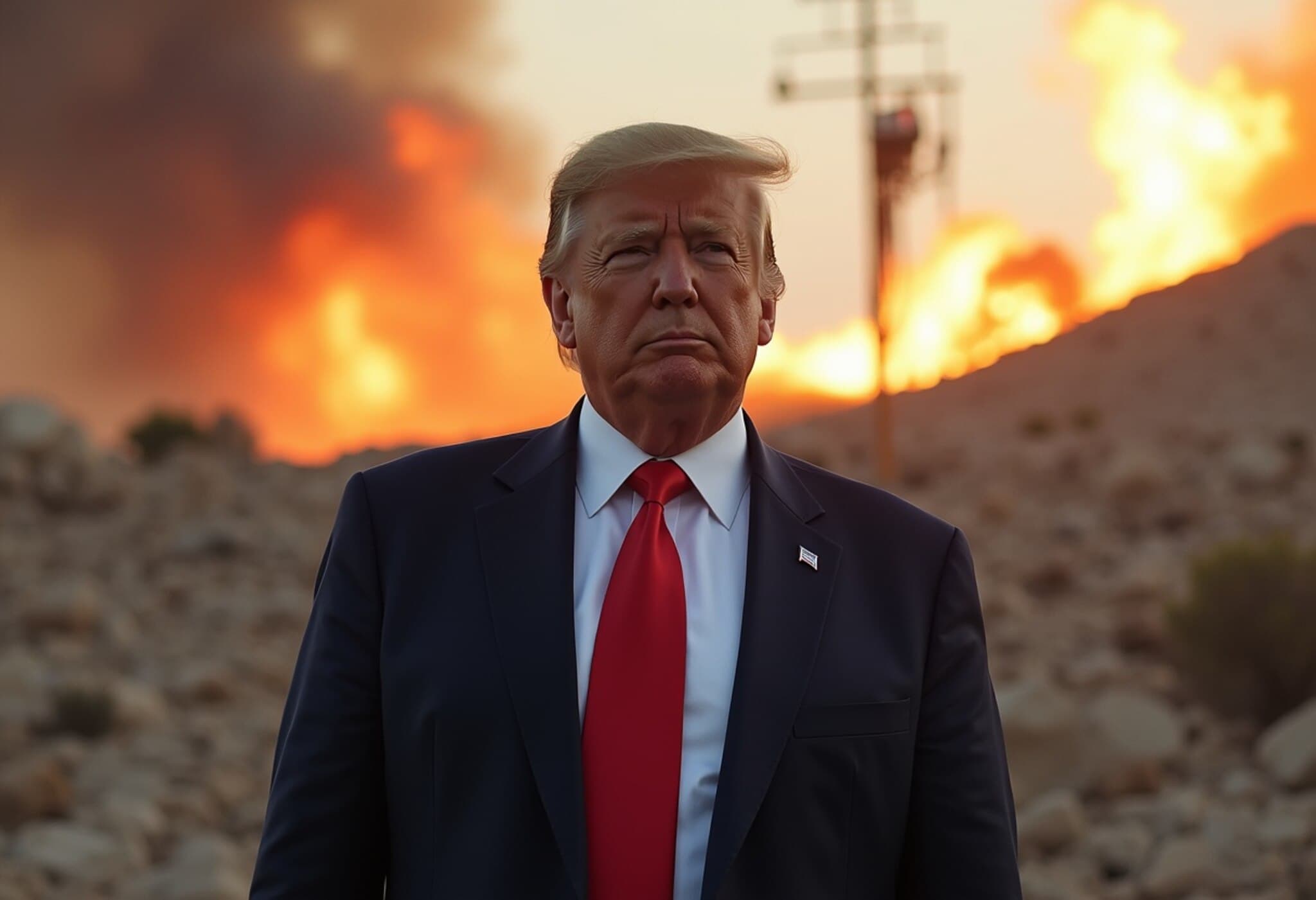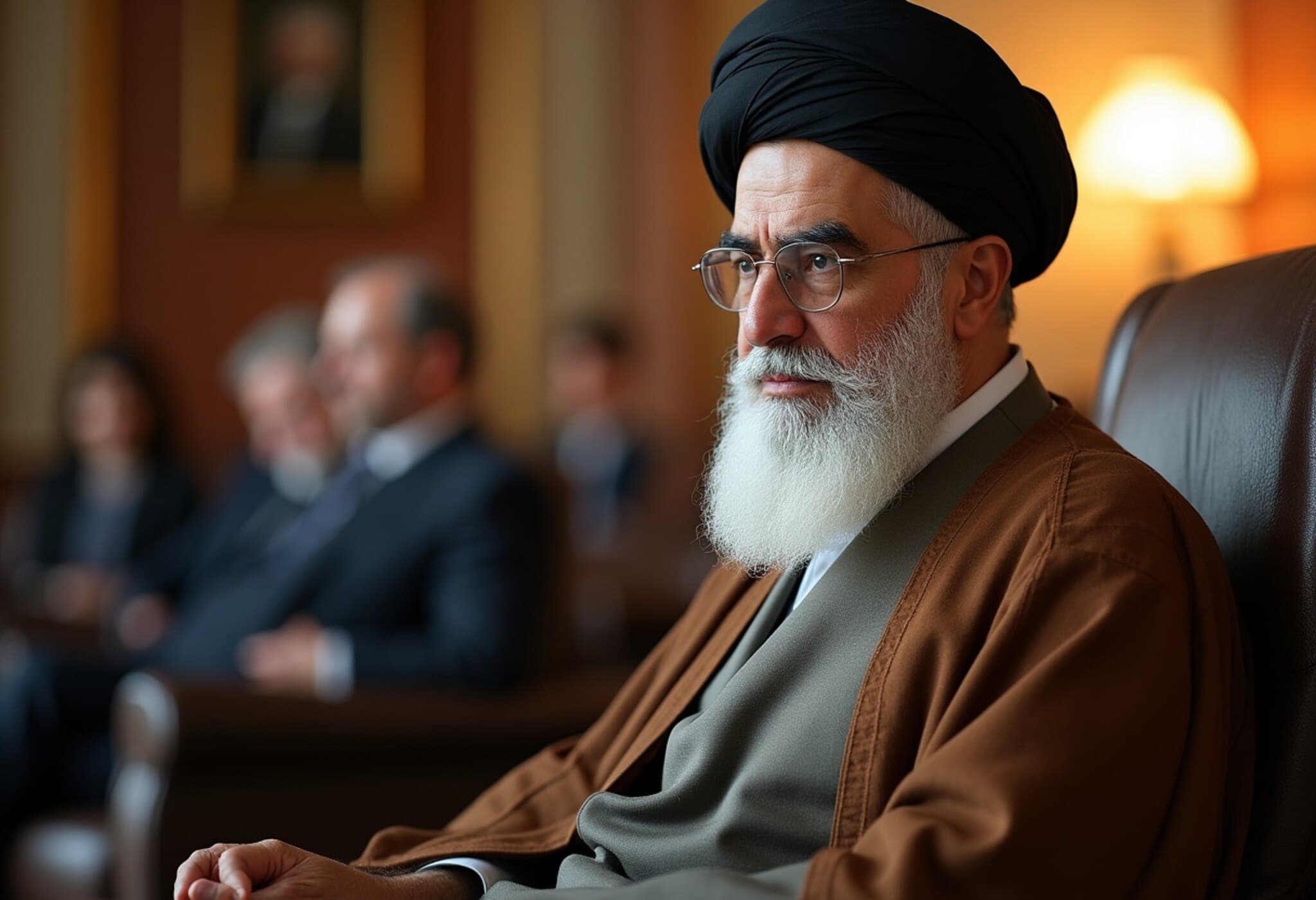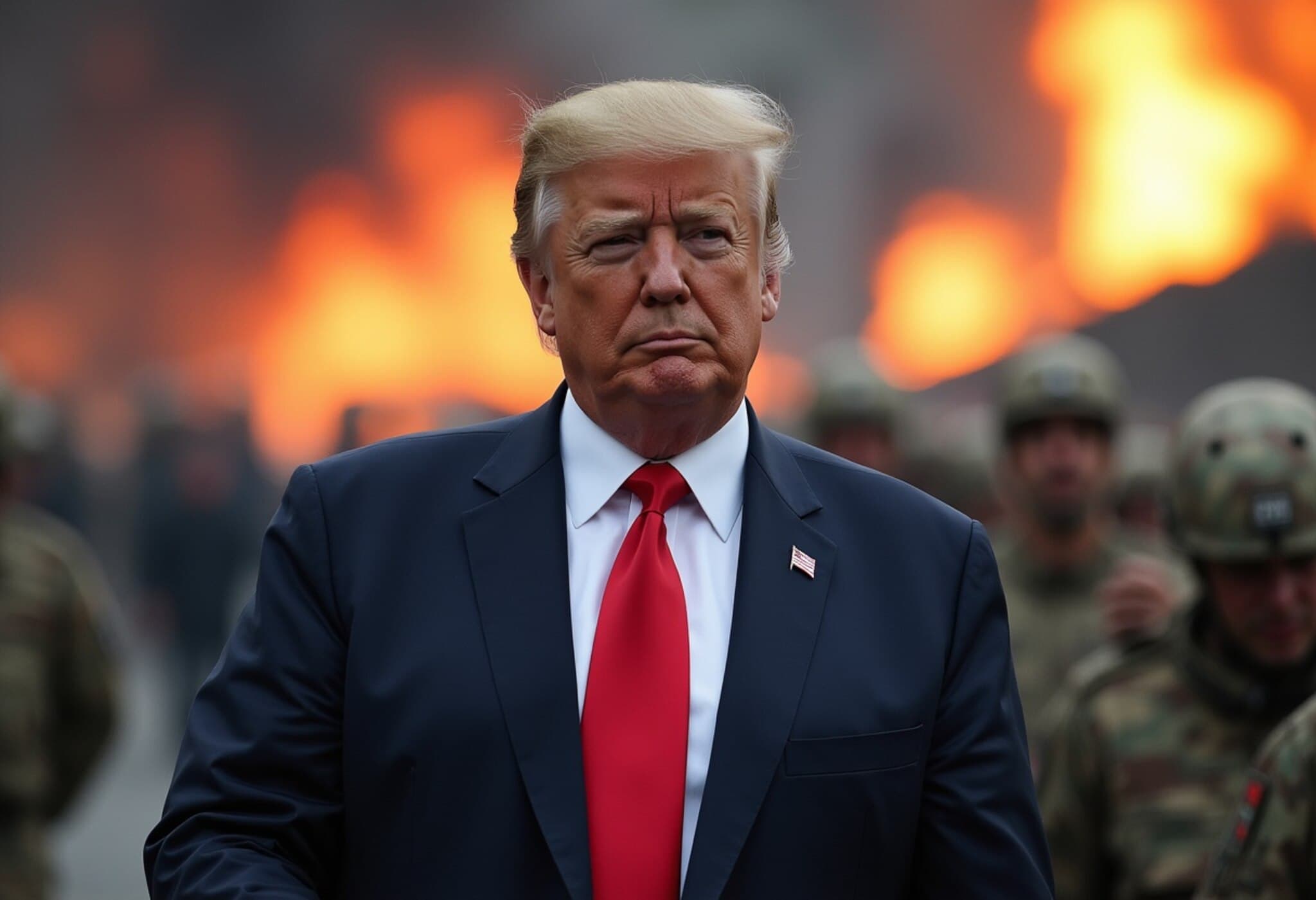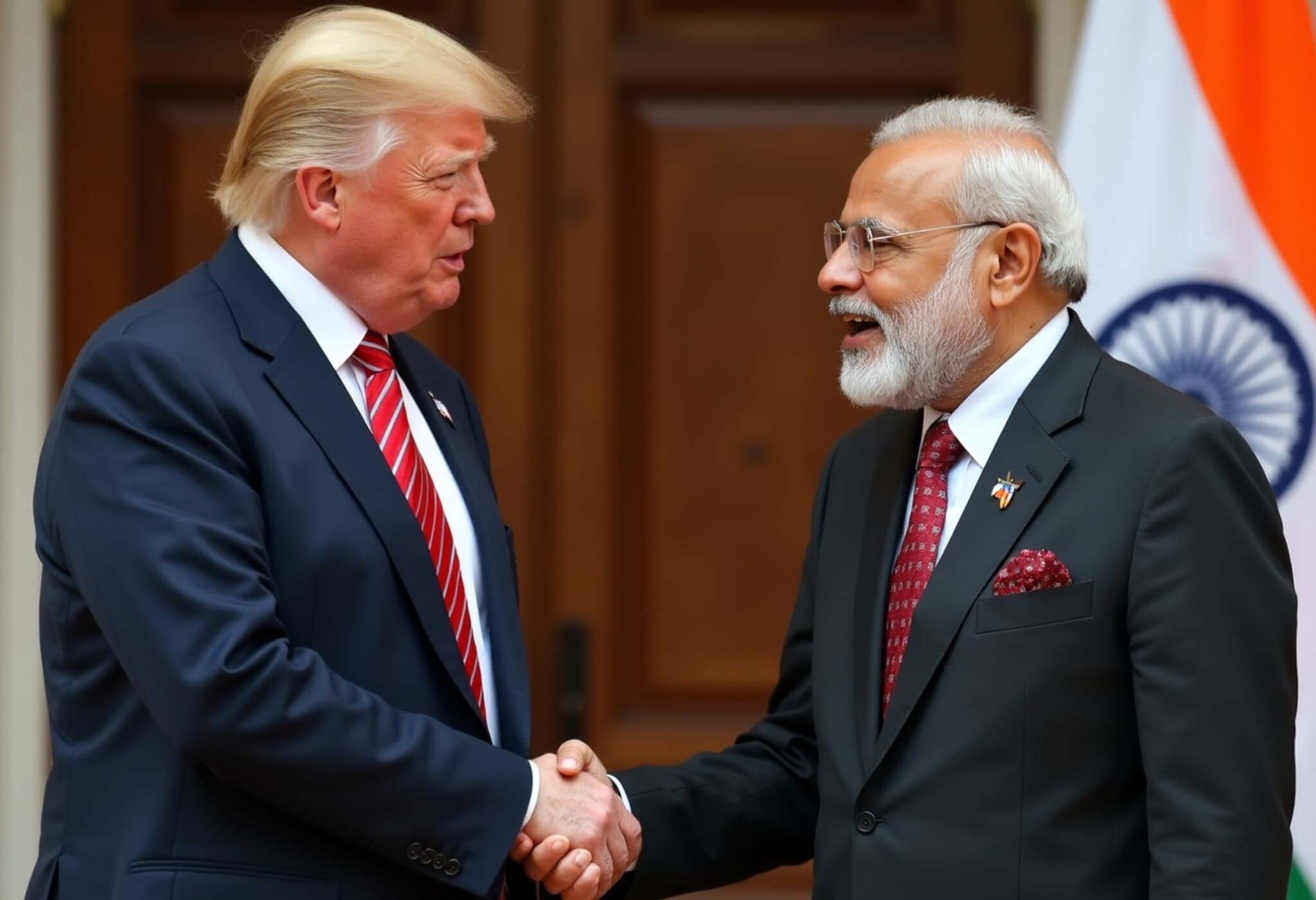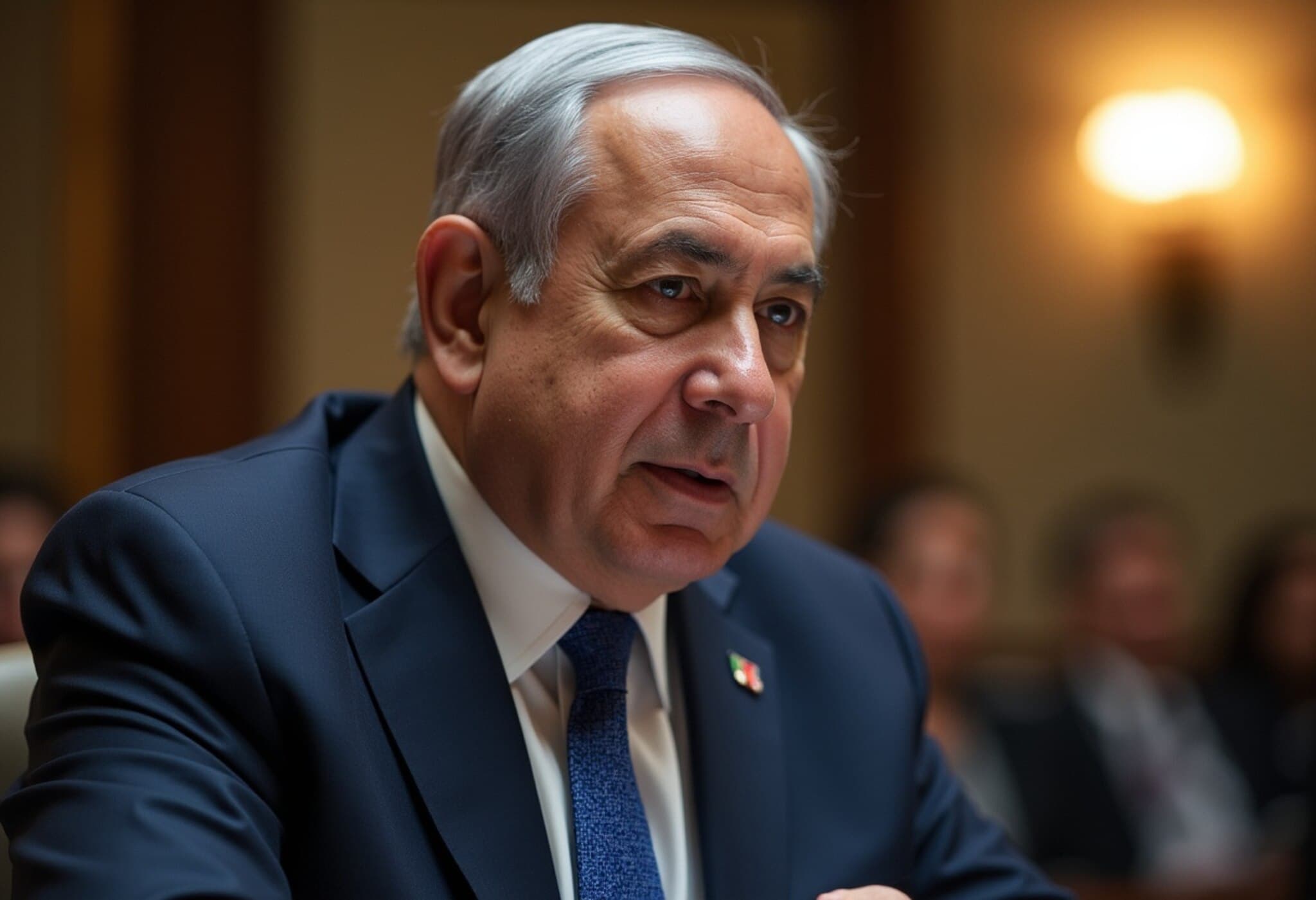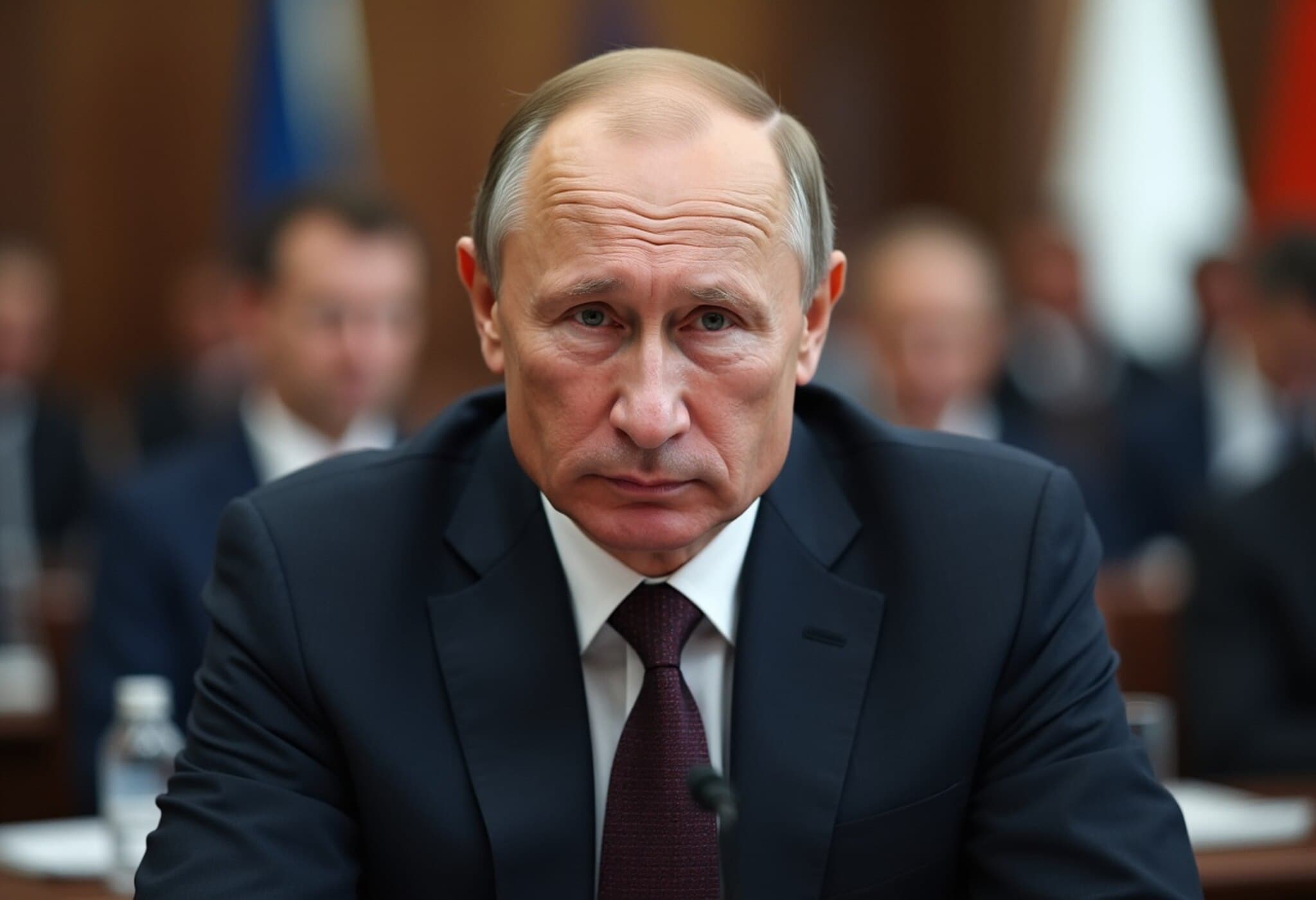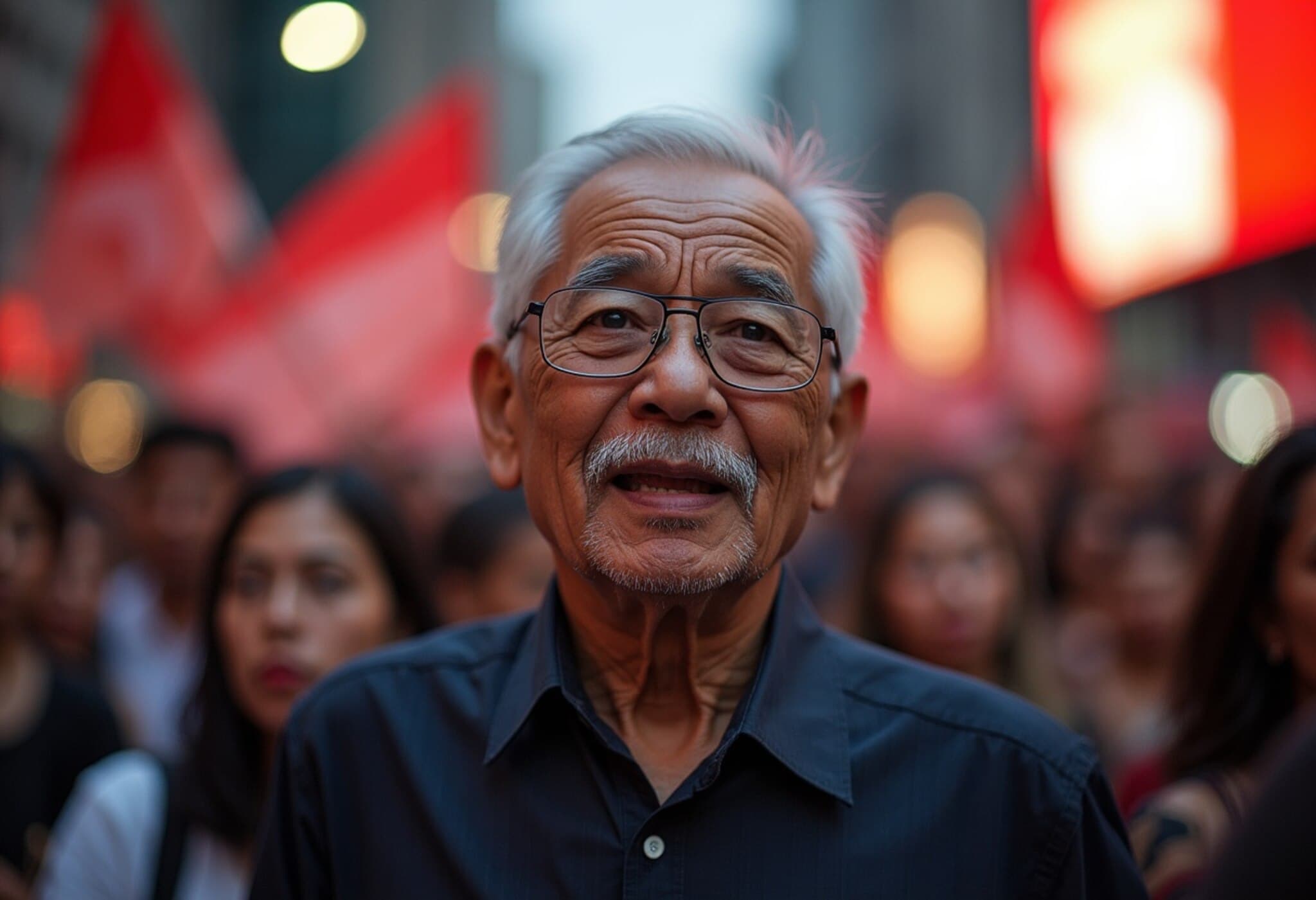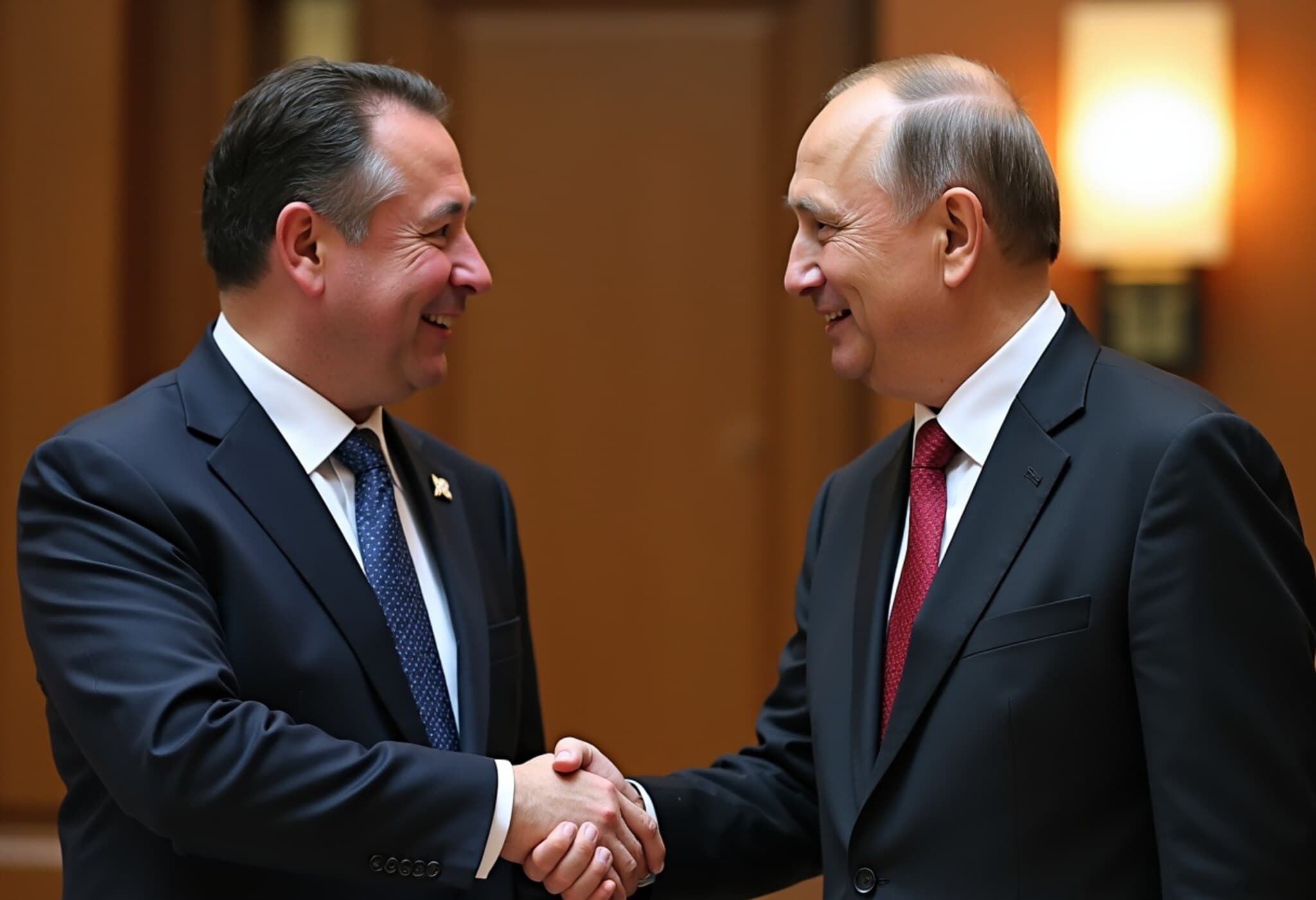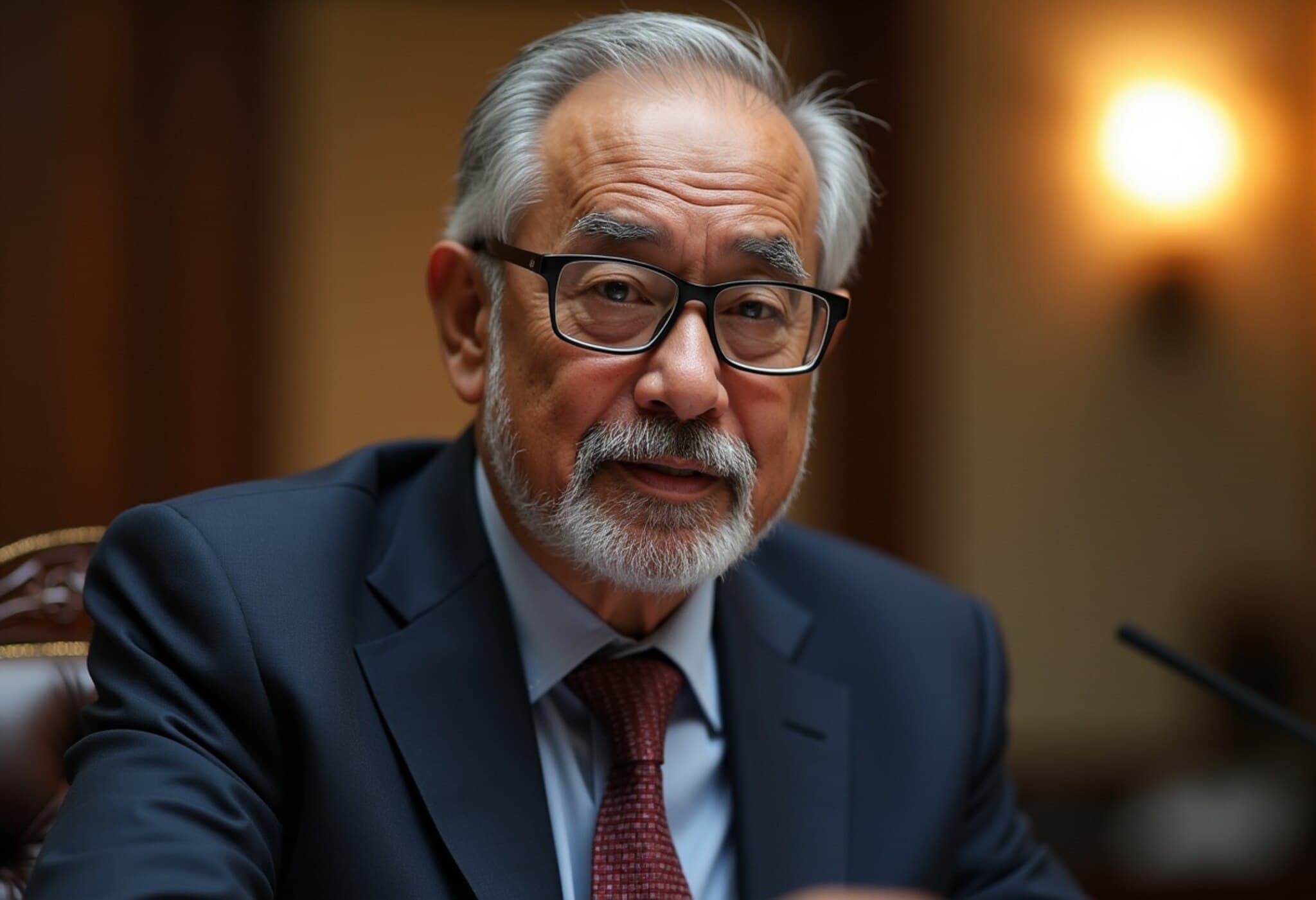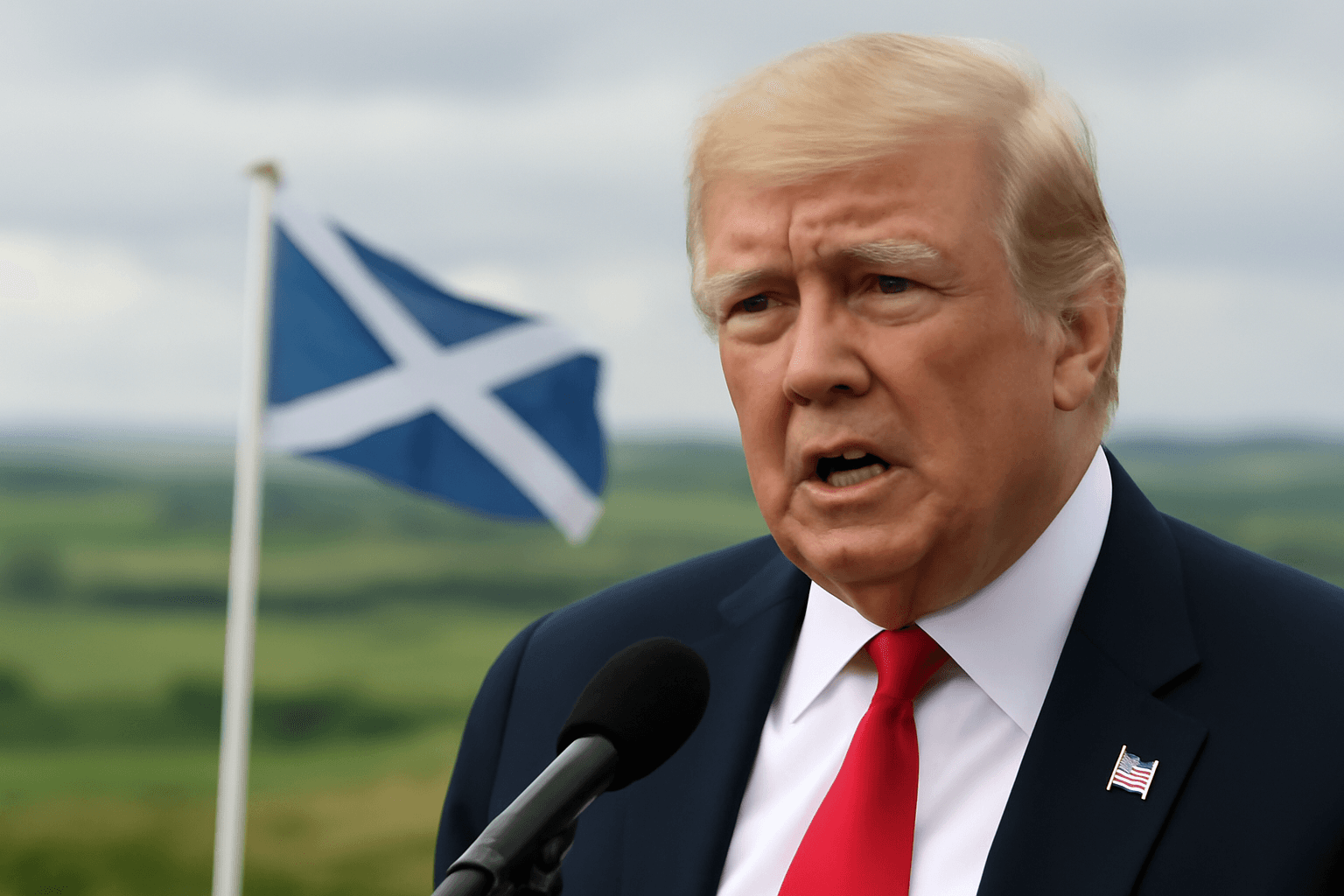Massive Protests Grip Kuala Lumpur Amid Rising Discontent with PM Anwar Ibrahim
On Saturday, the capital city of Malaysia, Kuala Lumpur, became the epicenter of widespread public unrest as thousands gathered to demand the resignation of Prime Minister Anwar Ibrahim. The demonstration, which attracted people across diverse backgrounds, signifies deepening frustrations over escalating living costs and perceived failures to deliver on reform promises made since Anwar assumed office in November 2022.
Background: The Rally and Its Key Messages
Protestors clad predominantly in black t-shirts and bandannas emblazoned with the slogan “Turun Anwar” (which means “Step Down Anwar” in Malay) marched through central Kuala Lumpur. Their journey culminated at the historic Independence Square (Dataran Merdeka), where prominent opposition leaders addressed the crowd. Malaysian police estimated attendance at around 18,000, underscoring the significant scale of public dissatisfaction.
Economic Fears Spark Discontent
Anwar Ibrahim, who rose to power promising sweeping reforms and transparent governance, has since grappled with growing criticisms. Key among concerns are measures that critics argue burden consumers indirectly—such as the extension of the sales and services tax and adjustments to subsidy programs.
Just this week, the government announced a series of relief initiatives, including a cash handout program, increased aid targeting low-income households, and a pledge to reduce fuel prices. These measures aim to ease the squeeze caused by rising prices but have yet to quell the unrest.
Nur Shahirah Leman, a 23-year-old protester and member of an Islamic student group, voiced worries shared by many on the streets: "These new taxes and increased electricity tariffs on large manufacturers will inevitably push up the cost of food and other essentials for everyday Malaysians." Her perspective reflects broader unease about the economy's trajectory, especially among younger citizens.
Political Rivalries and Judicial Controversies Fuel the Unrest
Beyond economic grievances, Prime Minister Anwar faces allegations of judicial interference and questions over his dedication to combating corruption. Critics point to the recent dropping of graft charges against key figures allied with his administration and delays in appointing top judges, fueling suspicions of politicized justice.
These tumultuous political dynamics were further highlighted by the unexpected presence of former Prime Minister Mahathir Mohamad, who celebrated his 100th birthday this month. Mahathir joined the rally passionately accusing Anwar of weaponizing his office to pursue political enemies. "Those who are innocent are charged, those who have done wrong are let go," Mahathir proclaimed, reflecting a deep and public rift.
Historical Context: A Rivalry Spanning Decades
The turbulent relationship between Mahathir and Anwar has shaped Malaysian politics for nearly 30 years. Once mentor and protégé, they famously joined forces to dismantle the long-standing Barisan Nasional coalition in the monumental 2018 election. However, political infighting led to their coalition’s collapse within two years, and since then, their rivalry has often played out in public, influencing national stability.
What Lies Ahead?
As Malaysia navigates this period of political tension and economic uncertainty, the question remains: can Anwar Ibrahim reconcile these divisions and fulfill his reformist agenda? Or will persistent public pressure and internal rivalries continue to destabilize governance? Observers note that Malaysia's democratic maturity will be tested in how it addresses citizens' demands for transparency, justice, and economic equity.
Expert Analysis
Political analyst Dr. Siti Noor from the University of Kuala Lumpur notes, "Malaysia’s current unrest is emblematic of the challenges that emerging democracies face when economic strains meet political factionalism. For Anwar, balancing pro-growth policies with social welfare not only requires deft economic management but also rebuilding trust fractured by decades-old political conflicts."
From a regional perspective, Malaysia’s stability is vital for Southeast Asia’s broader geopolitical equilibrium, especially given its role in ASEAN and relations with major powers. The ongoing unrest could reverberate beyond its borders, impacting investment flows and regional security dynamics.
Editor's Note
This significant rally against Prime Minister Anwar Ibrahim encapsulates the complex crosscurrents of economic anxiety and political rivalry shaping Malaysia today. While economic measures seek to cushion the public from cost-of-living pressures, unresolved political conflicts and concerns about judicial independence continue to fuel skepticism and public frustration. The unfolding developments will be crucial for Malaysia’s democratic evolution and economic future.
Readers are encouraged to consider:
- How might Malaysia’s leadership balance urgent economic relief with sustainable fiscal policies?
- What mechanisms can ensure more transparent governance and judicial independence?
- How do entrenched political rivalries impact national unity and reform agendas?
As this story develops, it serves as a poignant reminder that sustainable nation-building demands both economic competence and political integrity.

